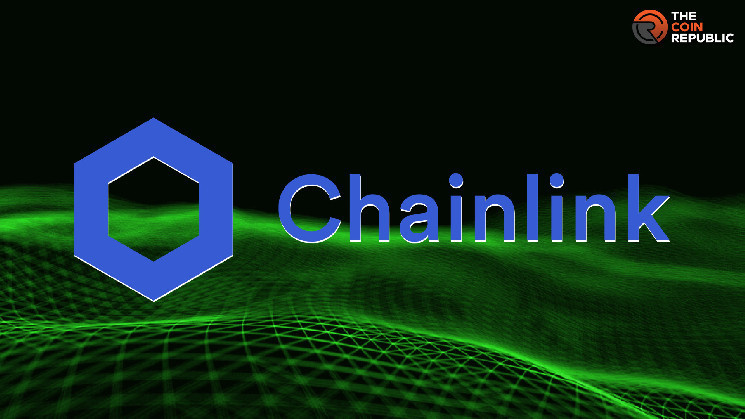Trading on the New York Stock Exchange (NYSE) was abruptly halted today after Berkshire Hathaway’s Class A shares experienced a dramatic 99.97% drop in value. The stock last traded at $185.10, down from $627,214.90. The halt, coded M, was caused by volatility, and the cause of the sudden drop remains unclear.
In a related incident, an outage at the NYSE operator caused a freeze on volatility trading at about a dozen other companies, as reported by Bloomberg. This follows a recent pattern of technical issues affecting major exchanges. For example, on March 18, the Nasdaq faced a three-hour disruption to premarket trading due to connectivity issues with its matching engine, as reported by the Bangkok Post.
The DTCC is currently testing the use of blockchain technology with Chainlink for faster settlement of mutual funds, but it seems the stock market needs blockchain more than it knew. Chainlink’s decentralized oracle network could address such issues by providing accurate and reliable data feeds. Chainlink uses multiple independent data providers to ensure data accuracy and tamper resistance, reducing the risk of Single Points of Failure that are common with centralized systems. This decentralized approach improves security and reliability, which is crucial for trading systems where timely and accurate data is essential.
Chainlink’s oracles collect data from various sources and use consensus mechanisms to validate information before it is entered into the blockchain. This process ensures data integrity and prevents tampering or corruption. Additionally, Chainlink can provide real-time data verification, quickly identifying and correcting discrepancies to prevent erroneous transactions and price fluctuations.
Smart contracts powered by Chainlink can automate responses to certain conditions, such as significant deviations from stock prices, by halting trading or triggering alerts. This automation enables immediate action to investigate and resolve issues, increasing market stability.
By leveraging Chainlink’s decentralized oracle network, exchanges can improve transparency and trust among market participants. The decentralized nature of the data feeds ensures that no single entity controls the data, reducing the risk of manipulation and increasing market confidence.
Ultimately, blockchain technology, especially Chainlink’s decentralized, tamper-proof data feeds and real-time verification capabilities, could significantly reduce the risk of glitches and erroneous trades on stock exchanges, improving the overall reliability and stability of the trading environment.

